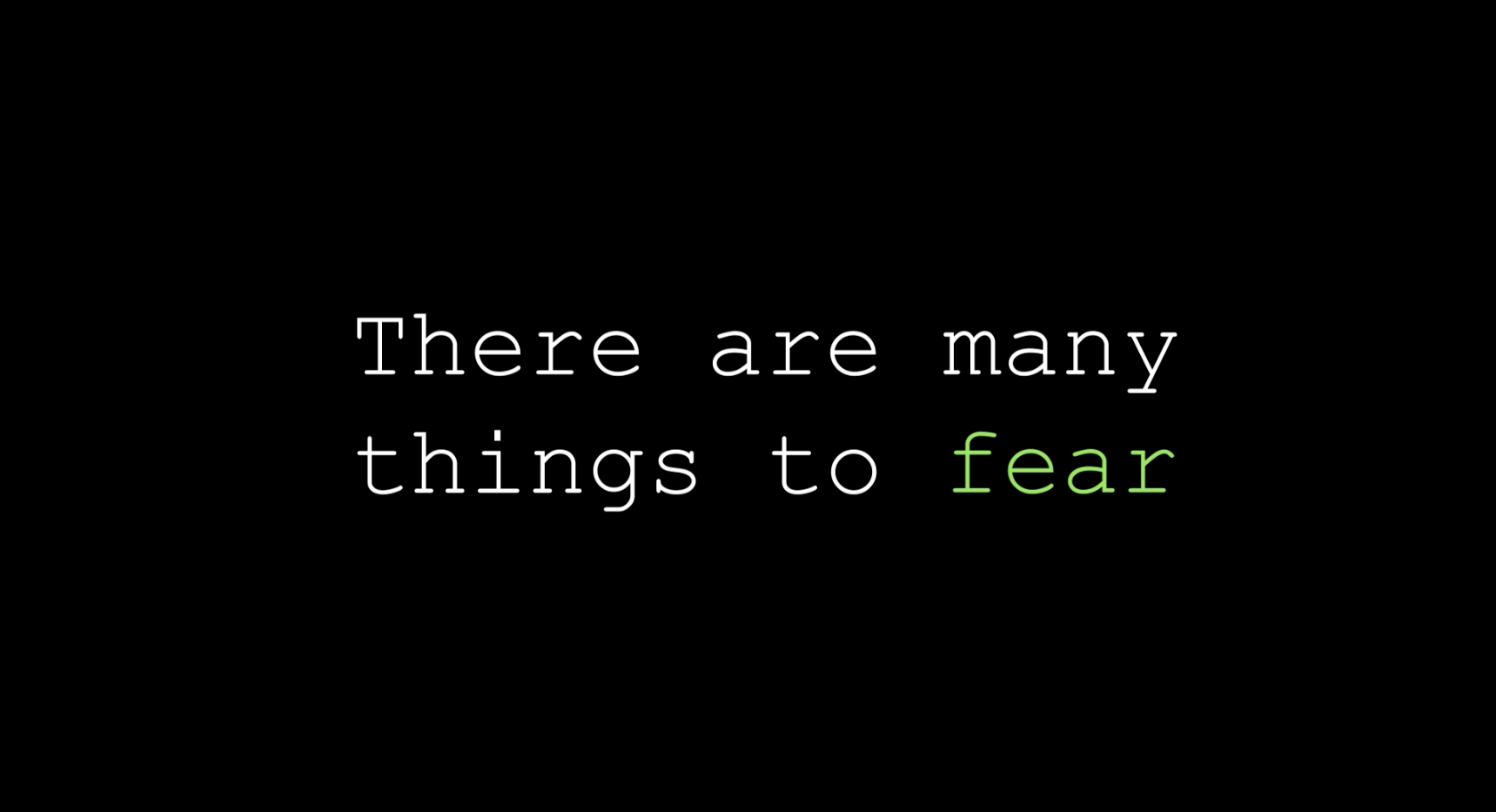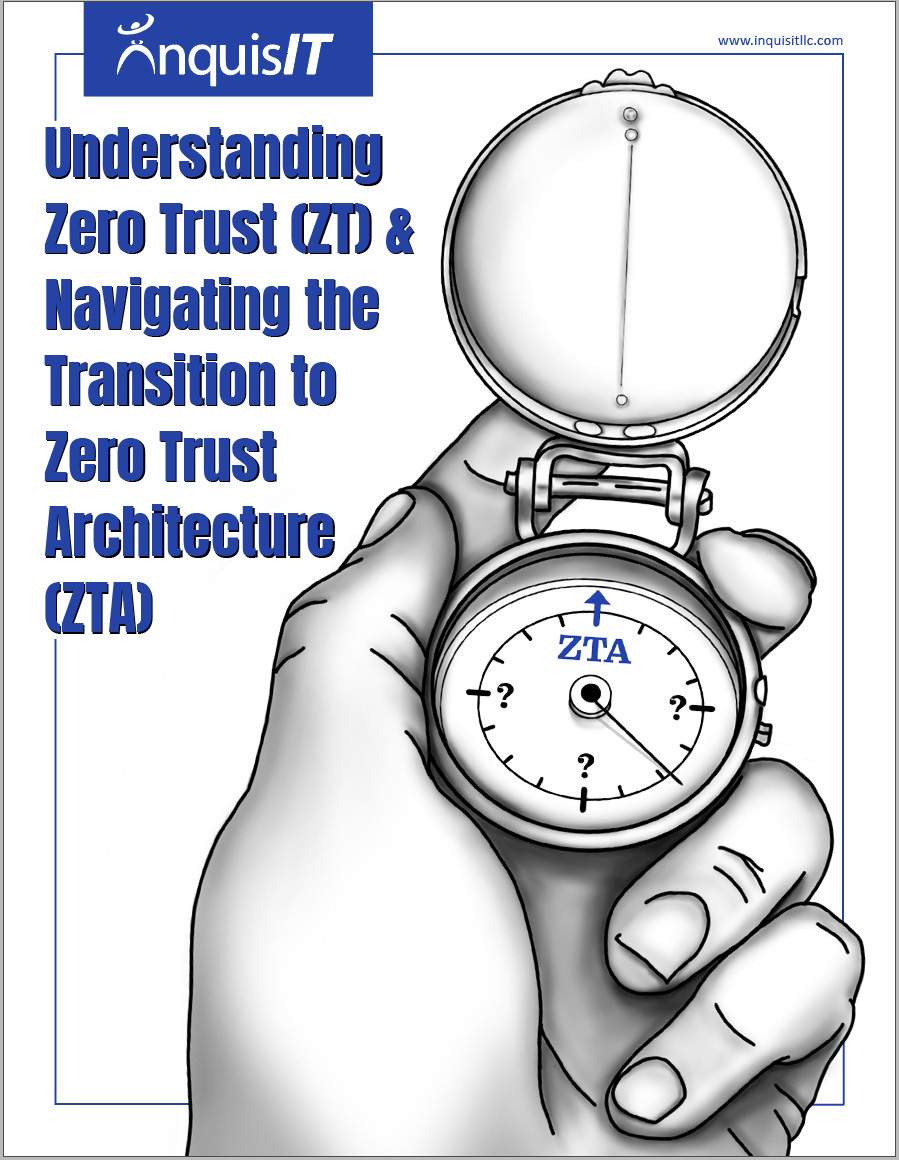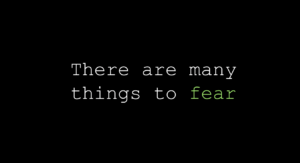Great businesses, like championship teams, take time to construct. You have to play for the long term if you are going to be serious about building a great organization. There are several reasons this holds true.
- Your Team – Great teams take time, not only to build in the sense of finding the right people but letting them gel and then operate for success. People do not naturally let their guards down, know one another, respect one another’s strengths and weaknesses, and build an
interdependence quickly. That takes time and we as leaders need to facilitate the process and do the hard things necessary to keep it on track. - Innovation takes time – Long-term businesses bring something different to the market. That innately means that people to do not subscribe to change quickly in a mass market. If your business does the same things many other businesses do without something special, you have simply participated in commoditizing your market (something we see often in federal contracting).
- Culture has to form – Great organizations are built on great culture. Developing a culture takes time, energy, focus, and defense. If leaders do not define the culture of their organization and ensure it is defended, it will form on its own. It is our responsibility to those we want to foster as part of our organization, to focus on building a strong culture, shaping it over time so it scales, and setting up ways in which it is defended.
- Things will change – Markets shift, budgets change, desires alter, and failures will happen in an organization. A leader’s strength comes from his/her vision, decision-making skills, and ability to lead adaptation. Charging in for the short term does not allow for the ability to shift with a market and adapt. Leaders listen and constantly make little changes watching for their impact and playing for the long-term result.
- Put time on your side – Long-term businesses know they may have to weather storms in addition to having a bounty of sunny days. This is not just as simple as keeping cash on hand and instituting financial discipline. This is leading an organization with the understanding that
things will happen, being transparent with failures and impacts, and building a culture that builds in the perseverance and grit for long-term success.
So, as you think about your organization, build your teams and put the strategies and tactics in play to make sure you are in for the long term. It will require more work, more communication, more discipline, and more time, but the rewards of being a championship team will be worth it for you and for all those who will define themselves partially by the organization you built.










